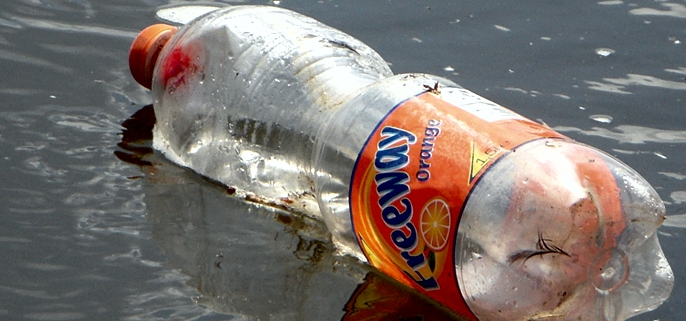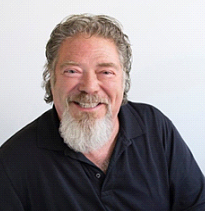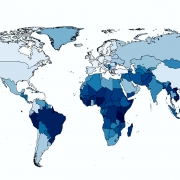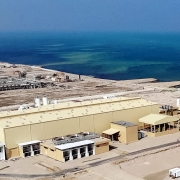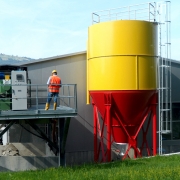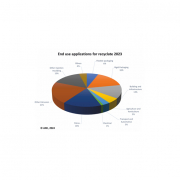When Davos promises, who pays?
No doubt many good intentions will be put to bed at Davos this week. Sustainability, climate change, plastic pollution, mental health and much more will all be discussed, debated and deliberated upon. Commitments will be made, targets set, goals agreed. But considering the fact that there is already a persistent $2.5 trillion annual financing gap standing in the way of the agreed upon 2030 Sustainable Development Goals (SDGs) that drive much of the action, the question remains. Who will pay for it all?
Given the relatively precarious state of many country’s finances, it seems unlikely that nation states will want to pick up the bill. Foreign aid is already looked on with distrust by large sections of the electorate. Little wonder that The Global Future Council on Development Finance has already recommended that countries should pivot from “funding” to “financing”, rather than relying on official development assistance (ODA) and other public funding.
The answer to the funding crisis may be closer than the great minds at Davos think and lies in innovative new finance models such as the micro-levy on water sales that Water Unite are already having success with. The concept is simple. Participating retailers contribute 1 cent to Water Unite for every 1 litre of water sold. And it soon adds up. Water Unite is looking to raise US$100-$200 million in the next 2 years and, if every retailer joined up, billions could be raised over the next decade. Collaboration for scale – to use the retailers’ own strategy.
Money raised is used to invest in innovative, cutting-edge projects and models for tackling water poverty, poor sanitation and plastic pollution. This is an area where innovators, inventors and entrepreneurs are coming up with life-changing ideas that desperately need investment. Water Unite recognise that not all of the projects they invest in will succeed, but that when they do the rewards for communities can be exceptional.
The micro-levy model is a simple, sustainable, easily understood way to ensure that investment gets where it will do most good. As Chris Sellers, Water Unite’s CEO, says “There’s an environmentally-aware generation searching for effortless solutions to complex problems. They want to help, they just need a way that makes it easy and affordable. The micro-levy is a great way to do that.”
Political and business leaders at Davos should all take note, instead of passing the buck when it comes to the thorny question of financing Sustainable Development Goals, the answer may already be refreshingly simple.
About Water Unite
Water Unite is a UK based, non-profit organisation that works in partnership with the private sector to raise and invest funds for clean water sanitation and plastics recycling. Funds are raised via voluntary donations of around one cent per litre from retailers of bottled water. Started in 2018, Water Unite is supported by The Co-operative (UK), Elior UK, The Rockefeller Foundation, Stone, Vitol and One Foundations. Water Unite aims to raise US$100-$200 million in the next 2 years.
Video: https://www.youtube.com/watch?v=9eGMv2_6TIU
Chris Sellers
Chris has more than 25 years of international leadership experience in the Global Consumer Brands and Retail industry and was named as one of the “Power 50” people in industry in 2006 and 2007. Chris was the UK CEO of Information Resources Inc. (IRI) the market research company and went on to become the Chief Executive Officer, Executive Chairman of the Board of the World-Wide Retail Exchange (WWRE) and after merging with GNX, he brought these organizations together to form Agentrics, a multi-national consortium of the world’s 50 largest retailers, representing over $1 Trillion in turnover. Chris most recently served as COO and Global Director of Development for The Committee on Sustainability Assessment (COSA) with a mission to accelerate sustainability through multi-national organizations, NGOs and governments.
Source: Water Unite (22 January 2020, London, UK), Photo: M W / Pixabay

